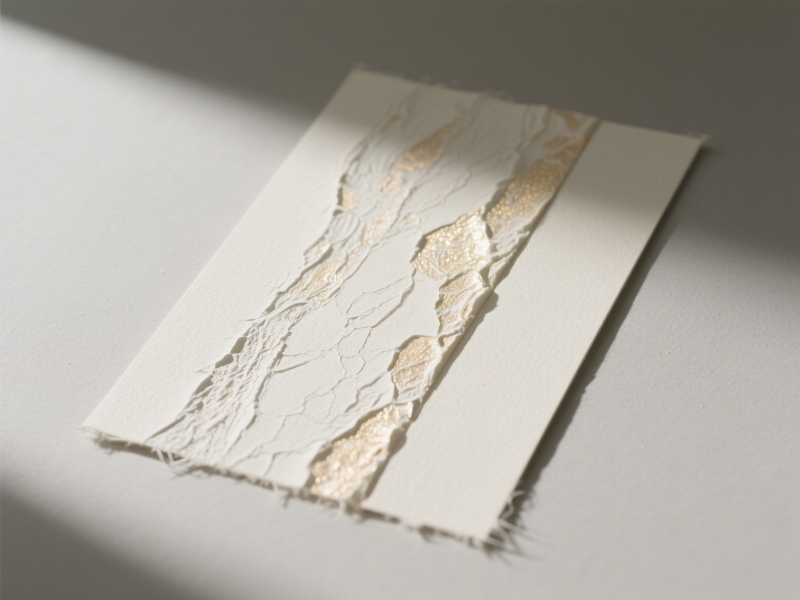As someone who has spent decades in the specialty paper industry, I often encounter one recurring question: what exactly sets specialty paper apart from ordinary paper? Buyers want clarity before making a purchase decision. From my perspective, the distinction lies not only in the technical details but also in the very purpose each type of paper serves.
Basic Definition: Normal vs. Special Paper
Normal paper is produced for general everyday uses such as printing, writing, or simple packaging. It is affordable, mass-produced, and suitable when no unique performance is required.
Special paper, on the other hand, is manufactured for specific applications that demand unique properties. These papers may resist water, oil, or heat; they may carry distinct textures, coatings, or security features; or they may be designed for direct contact with food. In short, specialty paper is not “just paper”—it is a functional material engineered for a defined purpose.
Why is Special Paper Usually More Expensive?

From my professional experience, the higher cost of specialty paper is justified by three main factors:
1. Material selection – Specialty papers often use fibers beyond standard wood pulp, such as cotton, synthetic fibers, or glass fibers. Additives like resins or chemicals are introduced to enhance performance.
2. Complex manufacturing – Unlike normal paper, which is made in high volumes with standardized processes, specialty paper often requires custom treatments, coatings, or embossing. This slows down production and increases cost.
3. Functional value – The performance itself—whether it is grease resistance in food paper, tear strength in security paper, or thermal reactivity in receipt paper—adds intrinsic value that normal paper cannot deliver.
I have explained to many clients that the price difference reflects engineering, not luxury.
Can I Tell the Difference between Specialty Papers?

In most cases, yes. Specialty papers often have a distinct appearance or texture that sets them apart. Some are visibly colored, metallic, or patterned; others carry embossing or a tactile finish that you can feel immediately.
Even when the visual difference is subtle, the moment you use the paper—whether exposing it to heat, folding it under stress, or checking its resistance to moisture—the functional gap becomes obvious. A trained eye can often identify specialty paper instantly.
Where is Special Paper Necessary, While Ordinary Paper is Not Suitable?
Over the years, I have seen specialty papers solve problems across many industries. Here are five clear examples:
Food Packaging – Greaseproof and oil-resistant papers are essential for wrapping fast food, something normal paper cannot handle.
Printing & Publishing – High-quality art prints and luxury packaging rely on textured or coated papers to achieve visual impact.
Medical & Healthcare – Sterile medical papers and filter papers are engineered to meet hygiene and safety standards.
Security & Finance – Banknotes, checks, and certificates use watermarked or tamper-proof papers to prevent counterfeiting.
Industrial Applications – Electrical insulation paper and abrasive base paper are designed for durability and safety in manufacturing.
In each of these cases, ordinary paper would fail to deliver the required function.
Is it Worth Buying Special Paper?
Whether specialty paper is worth the investment depends entirely on your needs. I always advise clients to consider three key factors:
Required properties – Do you need resistance to water, oil, heat, or chemicals?
Appearance – Is presentation or branding important to your product?
Performance vs. cost – Will the enhanced performance prevent failure, waste, or complaints?
In short, if the success of your product or process relies on paper’s performance, specialty paper is not an expense—it is a necessity. But if you only require a medium for writing or low-cost packaging, normal paper is sufficient.
After working with specialty papers for decades, I can confidently say they are not just a premium version of normal paper. They are purpose-built materials that solve problems ordinary paper cannot. The difference lies in their engineering, functionality, and reliability—factors that buyers must carefully weigh against the cost.































